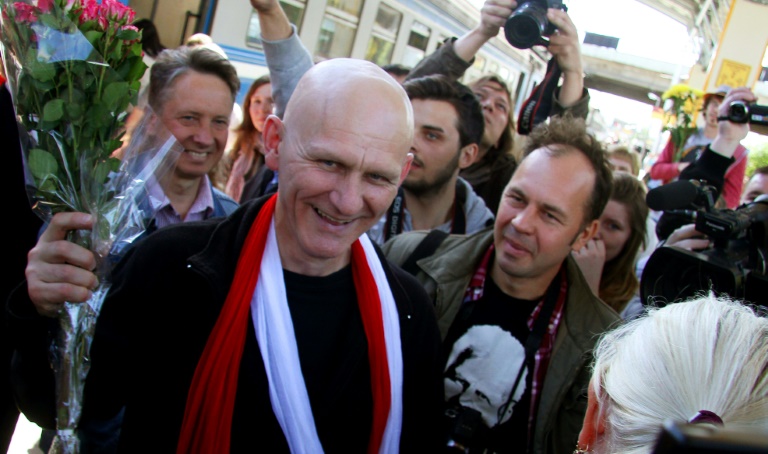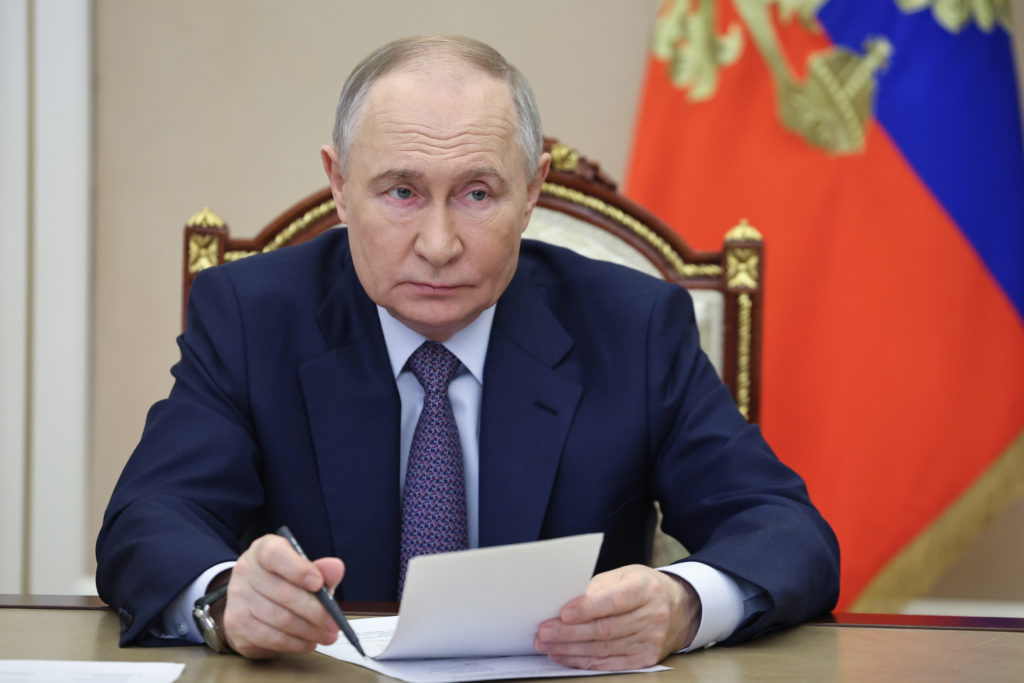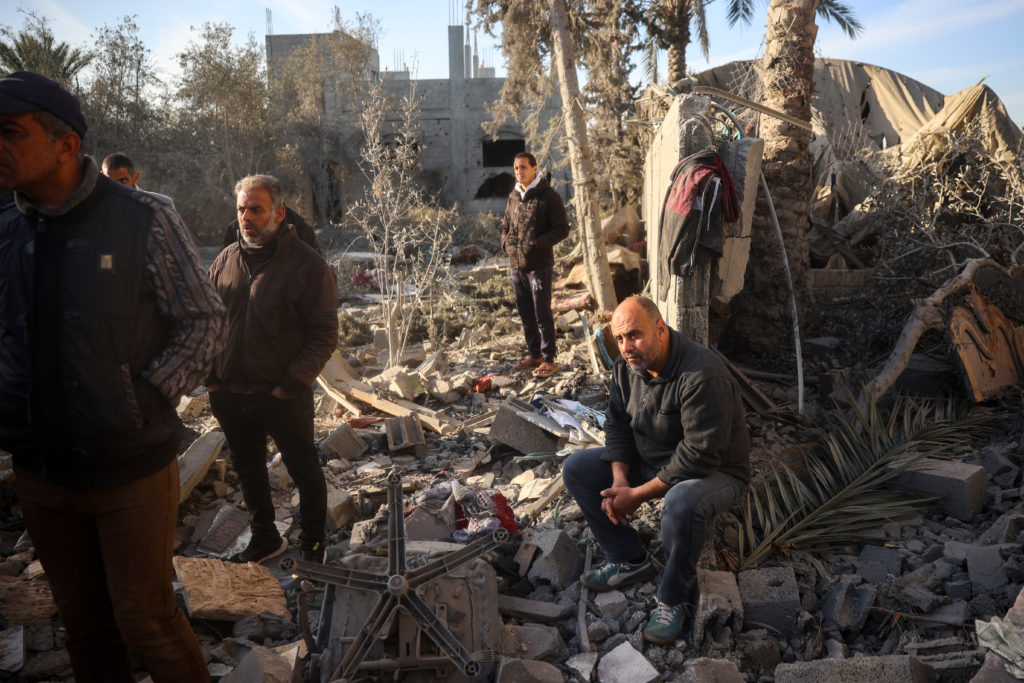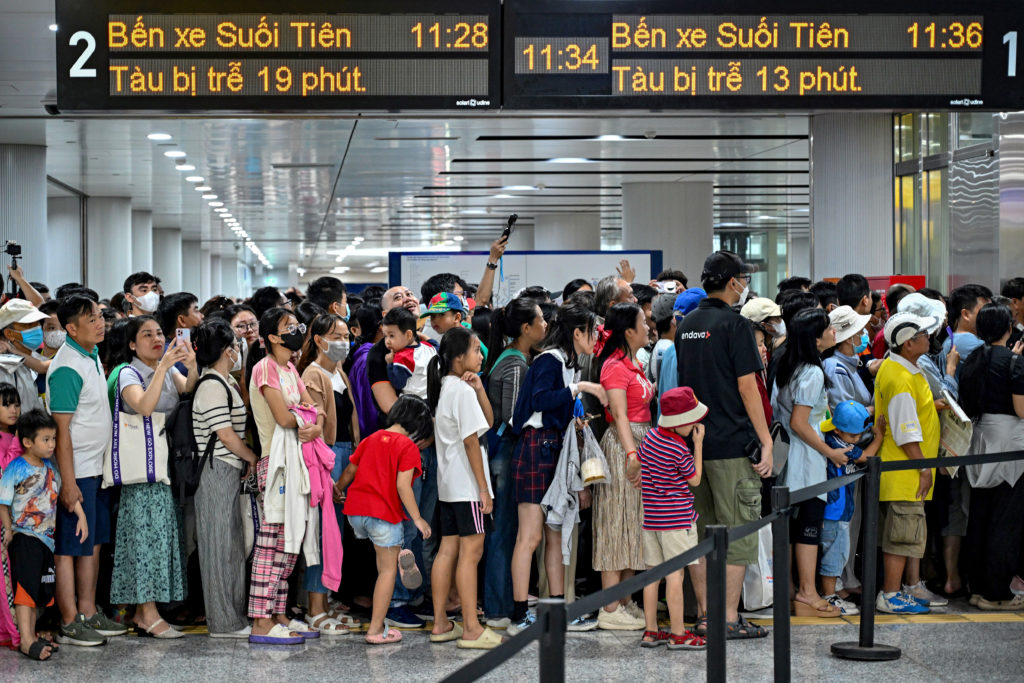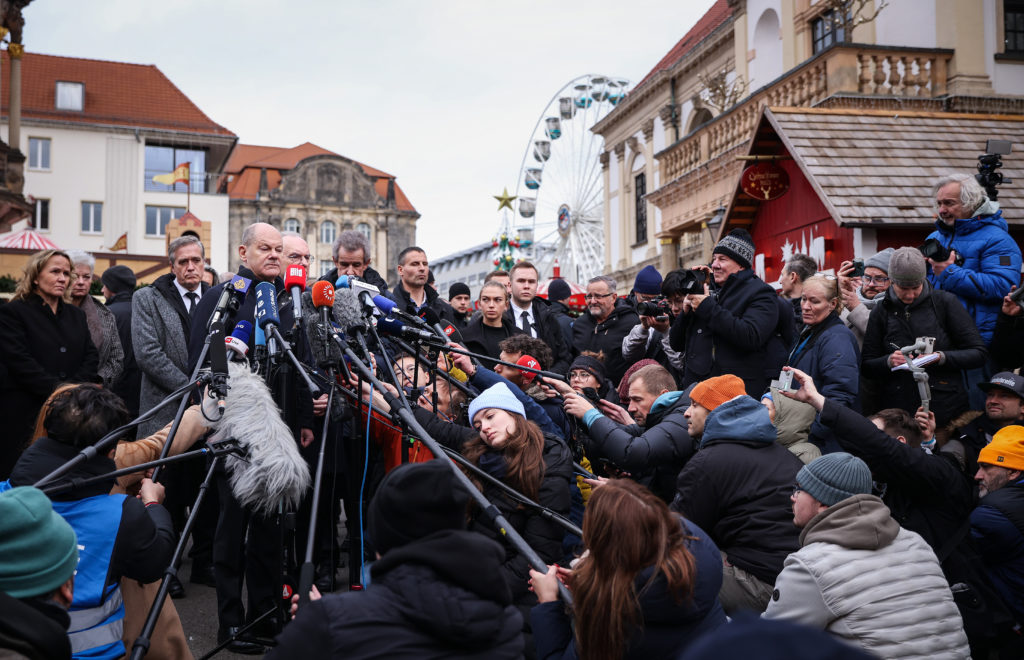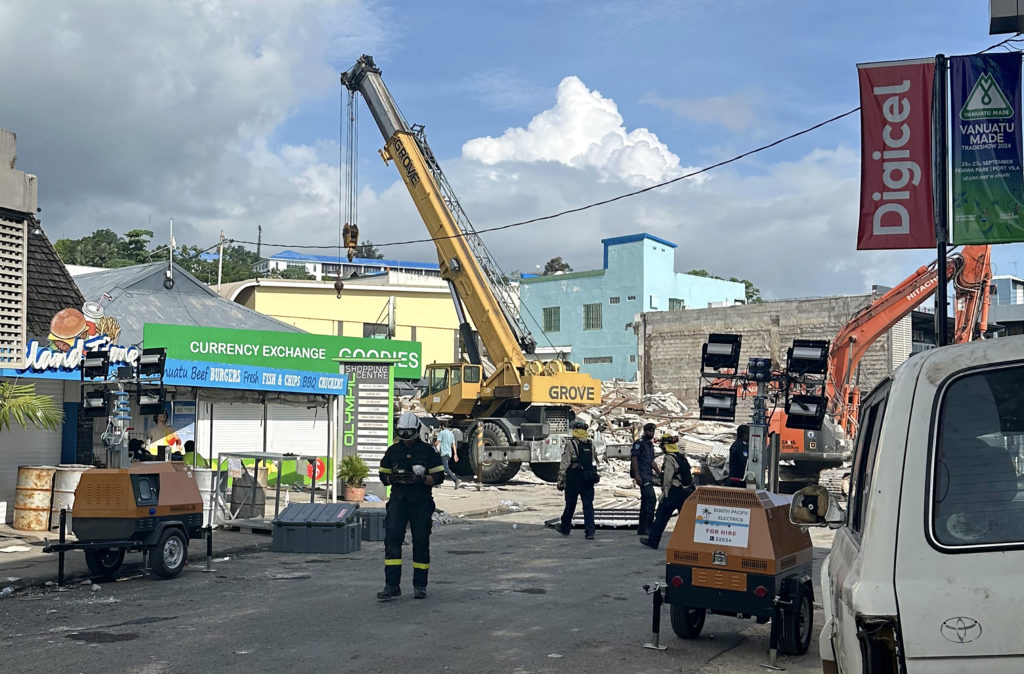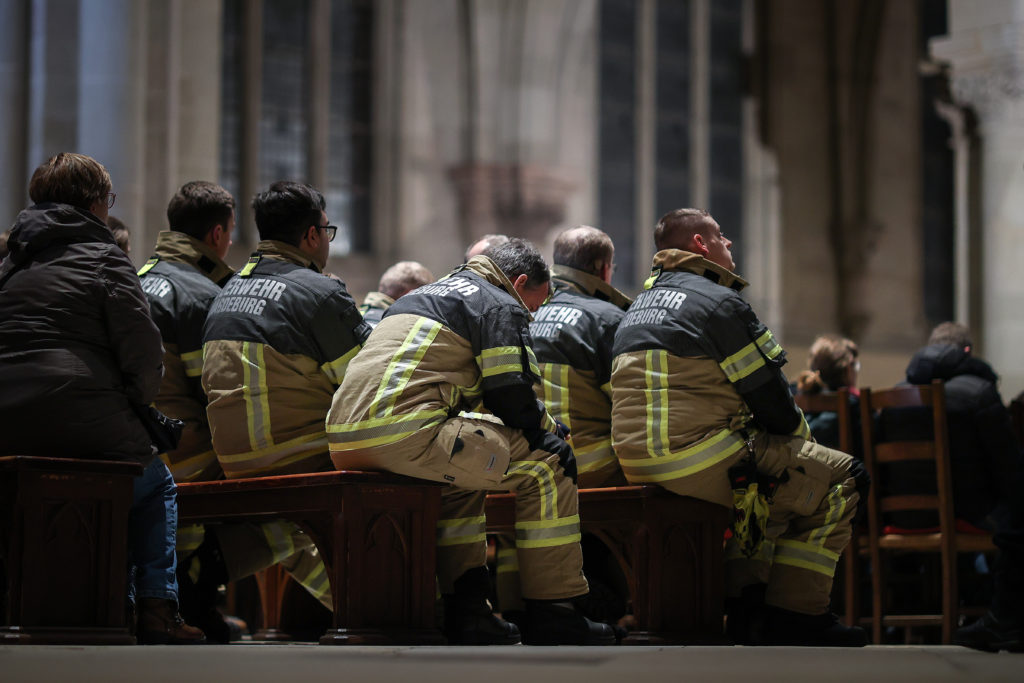Belarusian security services on Wednesday raided a dozen human rights and opposition groups as President Alexander Lukashenko’s regime clamps down on civil society in a months-long crackdown on dissent.
The raids came a day after Lukashenko vowed to “find and bring to justice” all of his country’s “wretched NGOs” in a meeting with Russian leader and key ally Vladimir Putin.
The notorious KGB targeted at least five independent human rights organisations — including the prominent Vyasna group and the Belarusian Helsinki Committee — and detained several activists.
Vyasna has been monitoring mass arrests that followed huge anti-Lukashenko protests last year. The group said that at least nine rights activists were detained including its chairman, Ales Belyatsky.
The head of the Belarusian Helsinki Committee Oleg Gulak wrote on Facebook early Wednesday that the group’s “office door is being broken down”.
Two opposition groups and the Belarusian Association of Journalists — which won an international media award last year — also reported raids.
The head of an organisation campaigning to abolish the death penalty, Andrei Poluda, was detained following a raid at his home.
In Minsk, raids also took place at an organisation promoting gender equality in the workplace, a social charity, the Belarusian union of writers, an independent trade union and an economic research centre.
The home of prominent independent economist Yaroslav Romanchuk was also raided.
Activists in regional cities had also been targeted, the group said.
In the western city of Grodno, officials raided the home of activist Viktor Sazonov and “took him with them.” His whereabouts were unknown, the group said.
– ‘New wave’ of repression –
In Orsha, a city near the Russian border, authorities “took the editor of regional website orsha.eu and activist Igor Kazmerchak.”
In the Western city of Brest, the home of an activist campaigning for the rights of refugees hoping to cross into the EU from Belarus — Kirill Kafanov — was raided.
In a statement, Vyasna said the “real motive behind the persecution” was the “uncompromising struggle of the entire human rights community of Belarus for the promotion of human rights and democratic values”.
It said later its chairman Belyatsky and five others were being questioned by investigators.
Vyasna demanded that authorities end a “new wave” of repression against Belarusian civil society. It also vowed to continue its work and called on international rights organisations to protest against the raids.
Exiled Belarusian opposition leader Svetlana Tikhanovskaya said the list of targeted groups and individuals is growing.
“The regime is hiding its lack of control with violence and lawlessness,” she said in a statement.
“They hope they can feel power again if everyone in the country falls silent.”
Amnesty International’s Director for Eastern Europe and Central Asia, Marie Struthers, said the day’s “massive attacks” showed that “nowhere near enough has been done to end this crisis.”
“All those detained today must be released immediately, and this campaign against civil society must end,” she said.
The Warsaw-based European Platform for Democratic Elections condemned the raids and said they “must be seen in close context with a recent visit of Alexander Lukashenko to Vladimir Putin”.
In the meeting with Putin, Lukashenko accused rights groups of spreading “terror”, according to a transcript on the Kremlin website.
Lukashenko has been hit with a slew of sanctions by Western nations but they appear to have had a limited effect on Lukashenko who maintains backing from key creditor Russia.
Vyasna — which means “Spring” in Belarusian — was founded in 1996 to help the families of political prisoners.
Last week, authorities raided the offices of several regional newspapers and banned online access to Nasha Niva, the country’s oldest newspaper.
Those raids came a day after one of Lukashenko’s main challengers — Viktor Babaryko — was sentenced to 14 years in prison.
Lukashenko, the long-serving authoritarian leader who sparked mass rallies by claiming a sixth presidential term last year, has drawn condemnation from the West whose leaders say the vote was not free or fair.

